The Nurse Who Became Queen
A young woman from Spain who worked as a nurse suddenly found herself as Queen of the Belgians in 1960.
Her love story is not only incredible in its own right, but what she did for the monarchy of Belgium and Europe as a whole will not soon be forgotten.
Who Was Fabiola de Mora y Aragón?
Before Fabiola was Queen Fabiola, she was a young Spanish aristocrat. From 1857 to 1958, she studied Military Health at the Carabanchel in Madrid to get her degree in technical nursing.
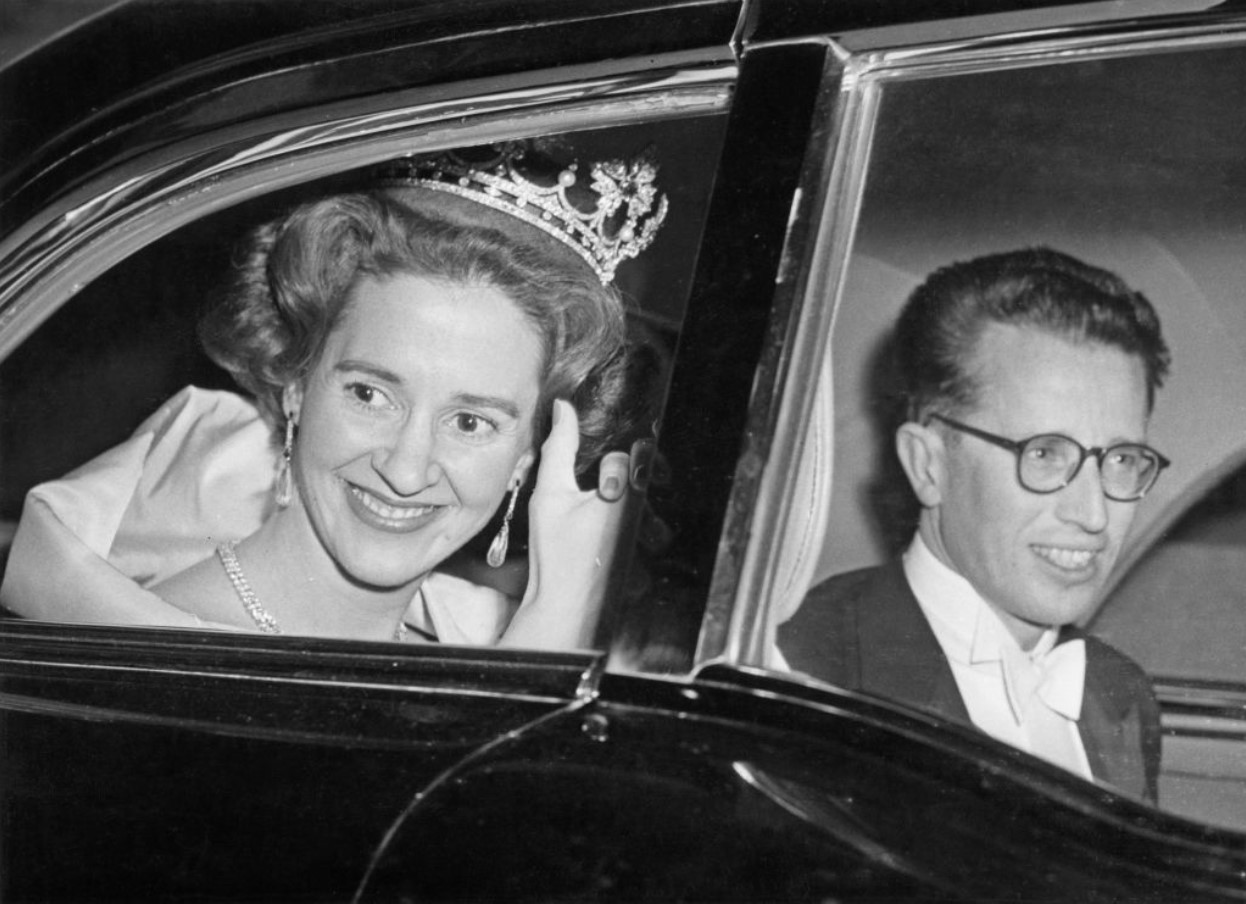
Source: Central Press/Hulton Archive/Getty Images
Fabiola was known as a fantastic student, speaking French, Dutch, English, German, and Italian, and a wonderful nurse. She even wrote a book of short stories called “Twelve Wonderful Tales.”
King Baudouin of Belgium
While Fabiola was getting her degree and working in Madrid, King Baudouin of Belgium was already ruling his country.
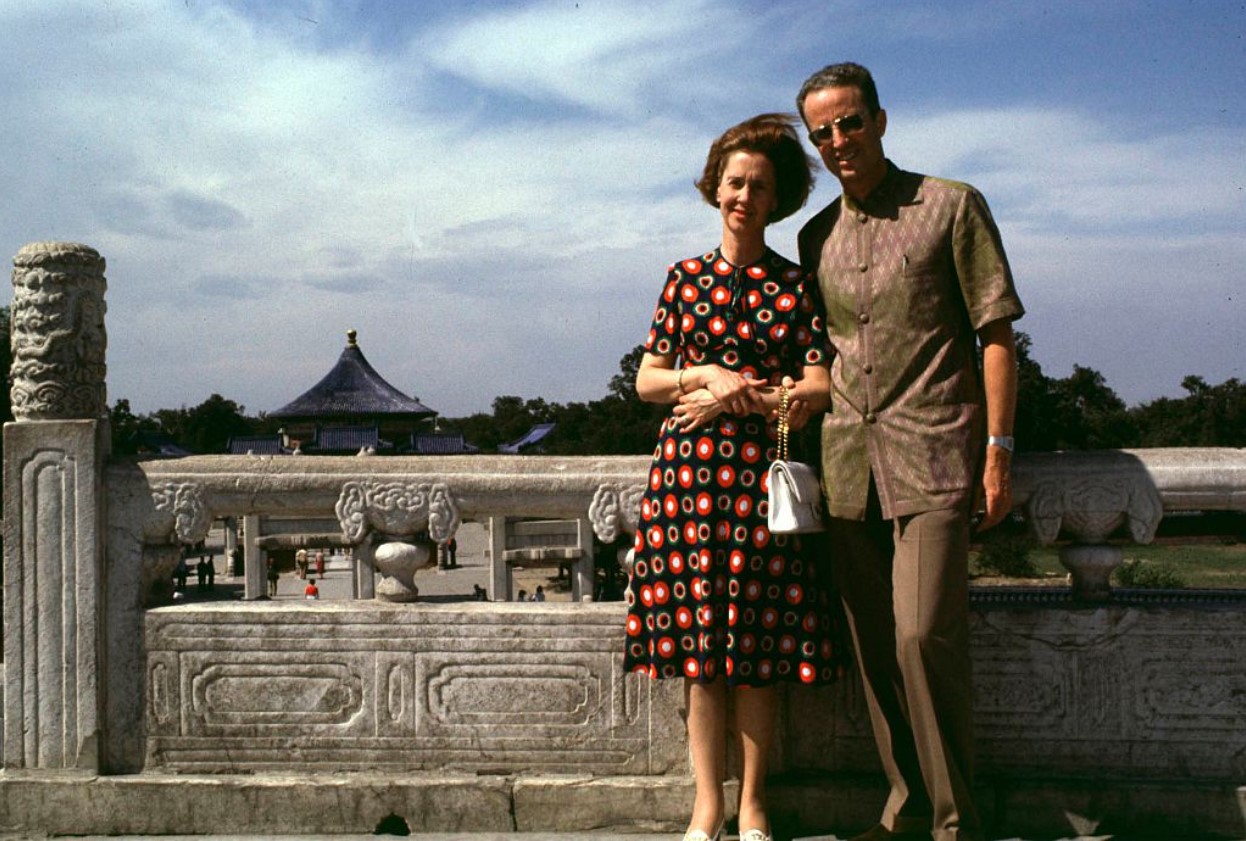
Source: William Van Hecke/Corbis/Getty Images
In 1851, his father, Leopold III, had abdicated the throne, leaving a young and single Baudouin in charge.
Becoming a Queen
But while Fabiola was certainly beloved by those who knew her for her kindness and intelligence, and King Baudouin was said to have done a fine job being king, everything was about to change for both of them.
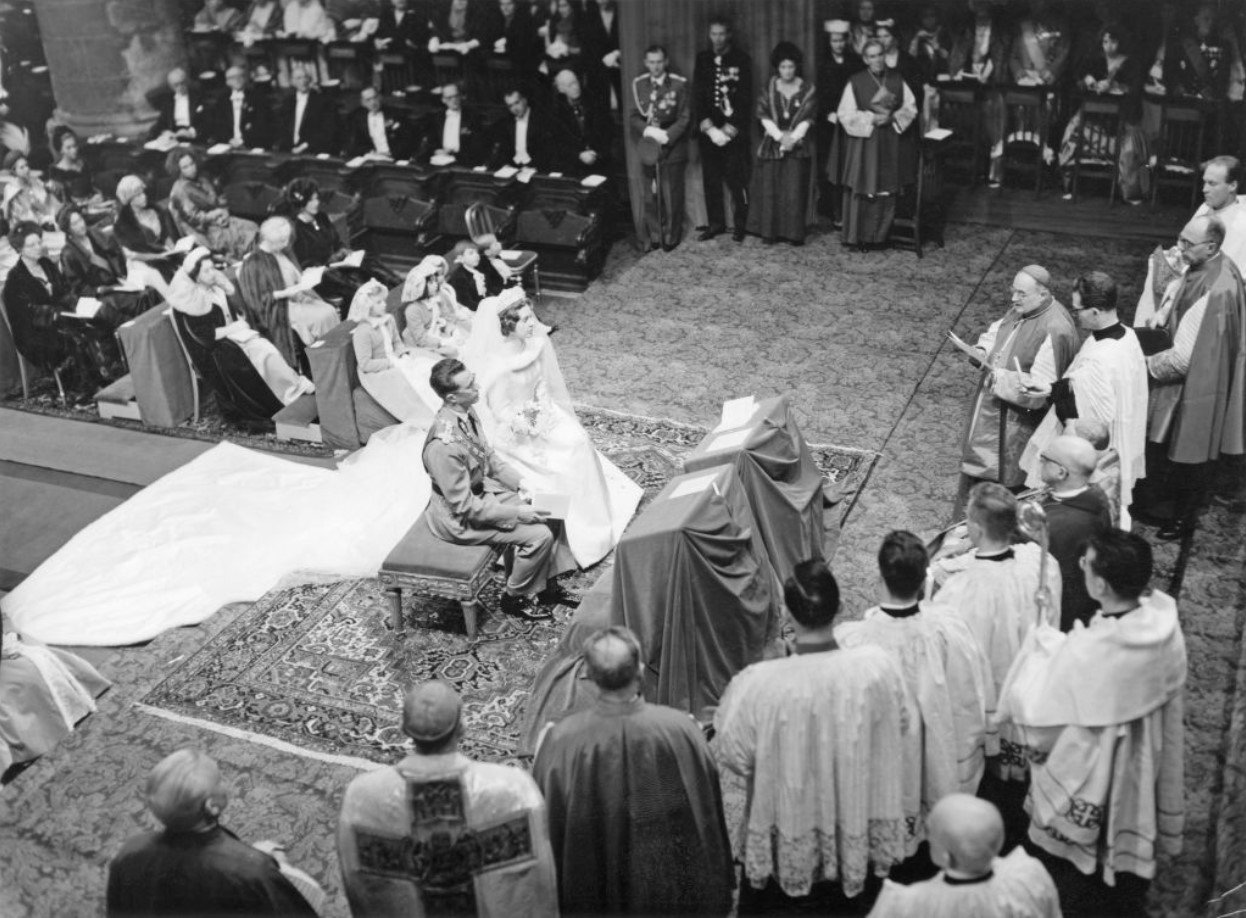
Source: Central Press/Hulton Archive/Getty Images
When the two were introduced, they fell for each other almost instantly. Many of their close friends said that it was their mutual love and connection to their religion that bound them together.
The Wedding Date Was Set
Within months, the two had set the date for their wedding and announced the grand event.
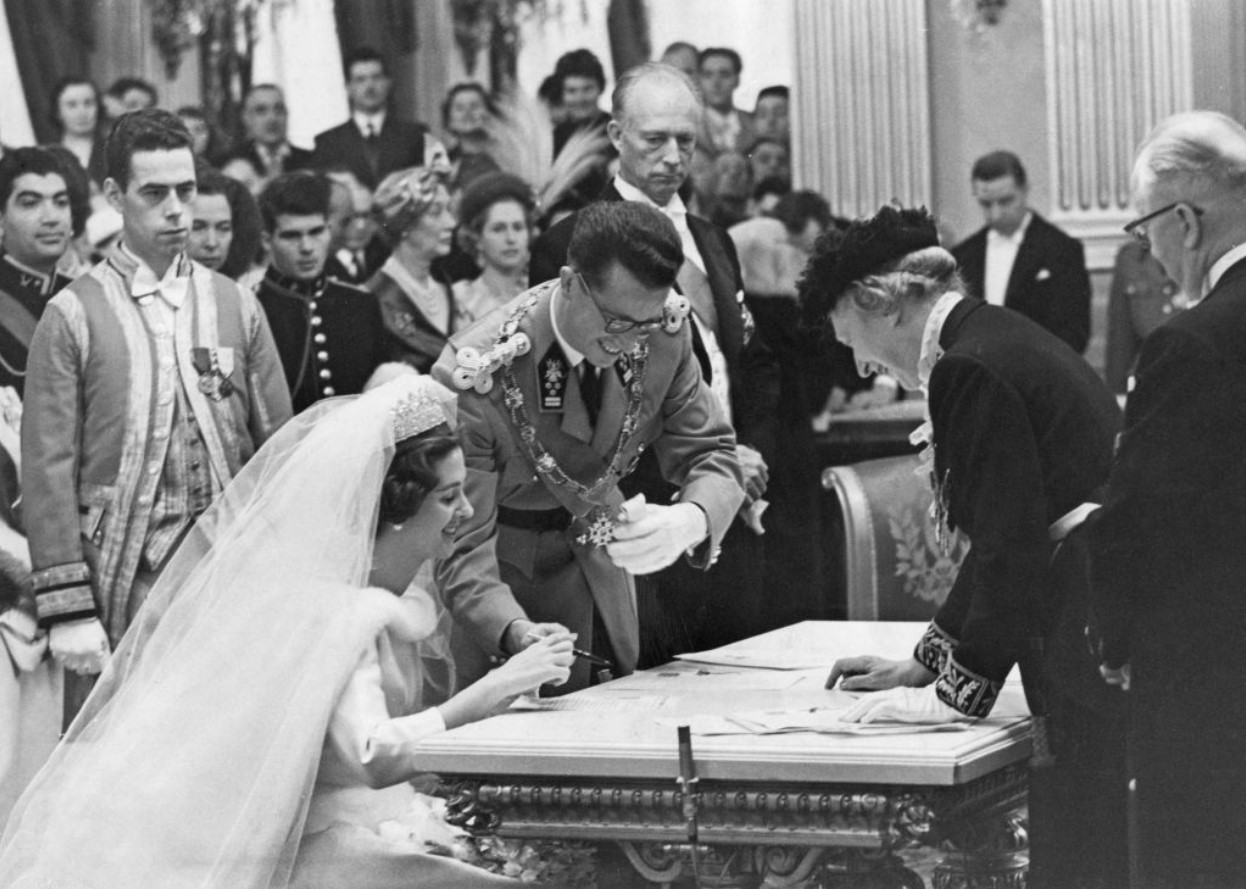
Source: Keystone/Hulton Archive/Getty Images
According to Belgium’s custom, there was both a civil law and a religious ceremony. And the Catholic ceremony, held at the Cathedral of St. Michael and St. Gudula, was an incredible event.
The Wedding Itself
Hundreds of people filled the Roman Catholic cathedral to watch the young smiling royals tie the knot.
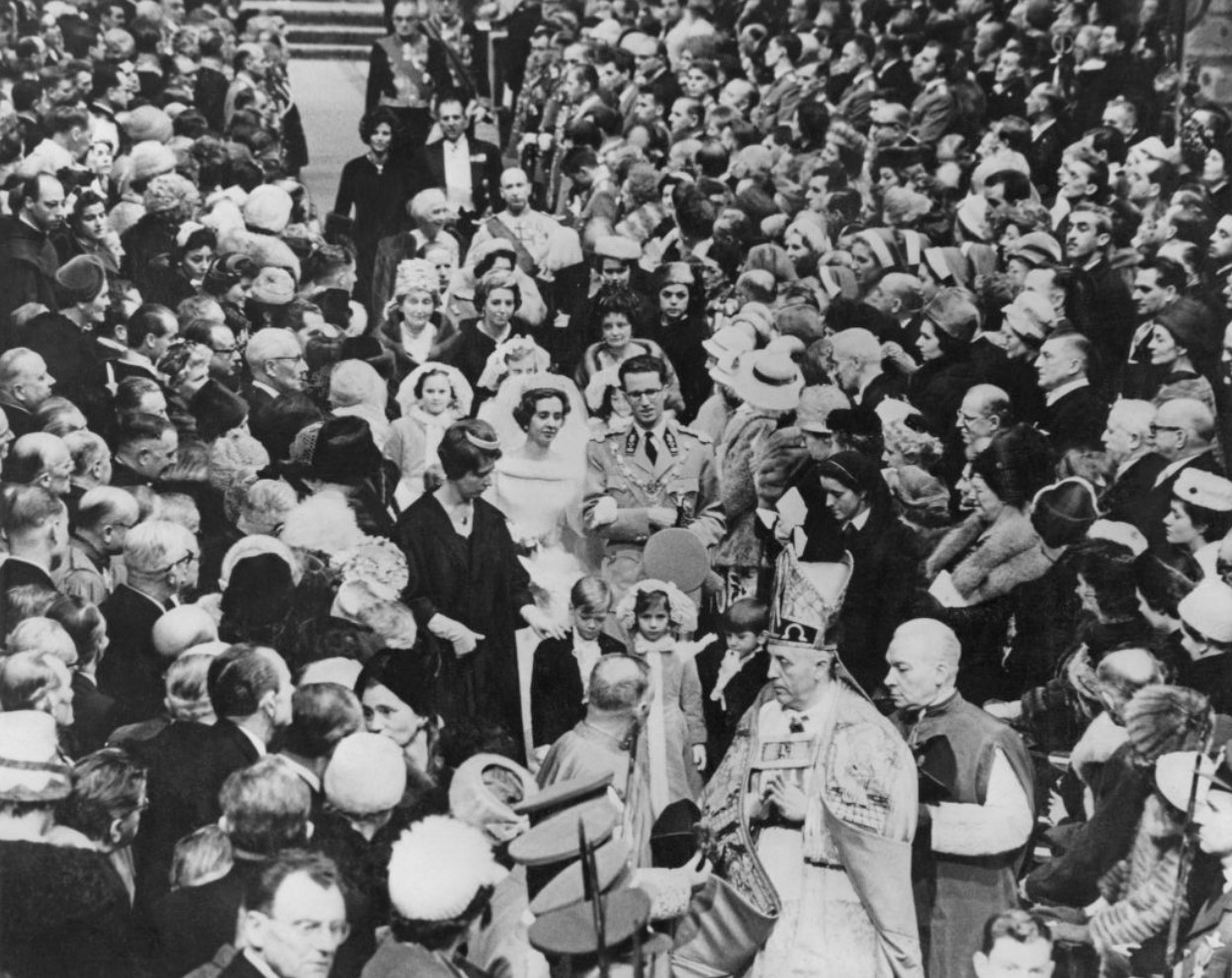
Source: Central Press/Hulton Archive/Getty Images
Royalty from Norway, the Netherlands, Luxembourg, Italy, and Romania were all in the crowd that day, as well as Princess Margaret from Great Britain and many of the king and now queen’s close friends.
The Grand Reception
After the wedding, the two were greeted by thousands of people on the streets of Brussels who came to catch a glimpse of the newlyweds.
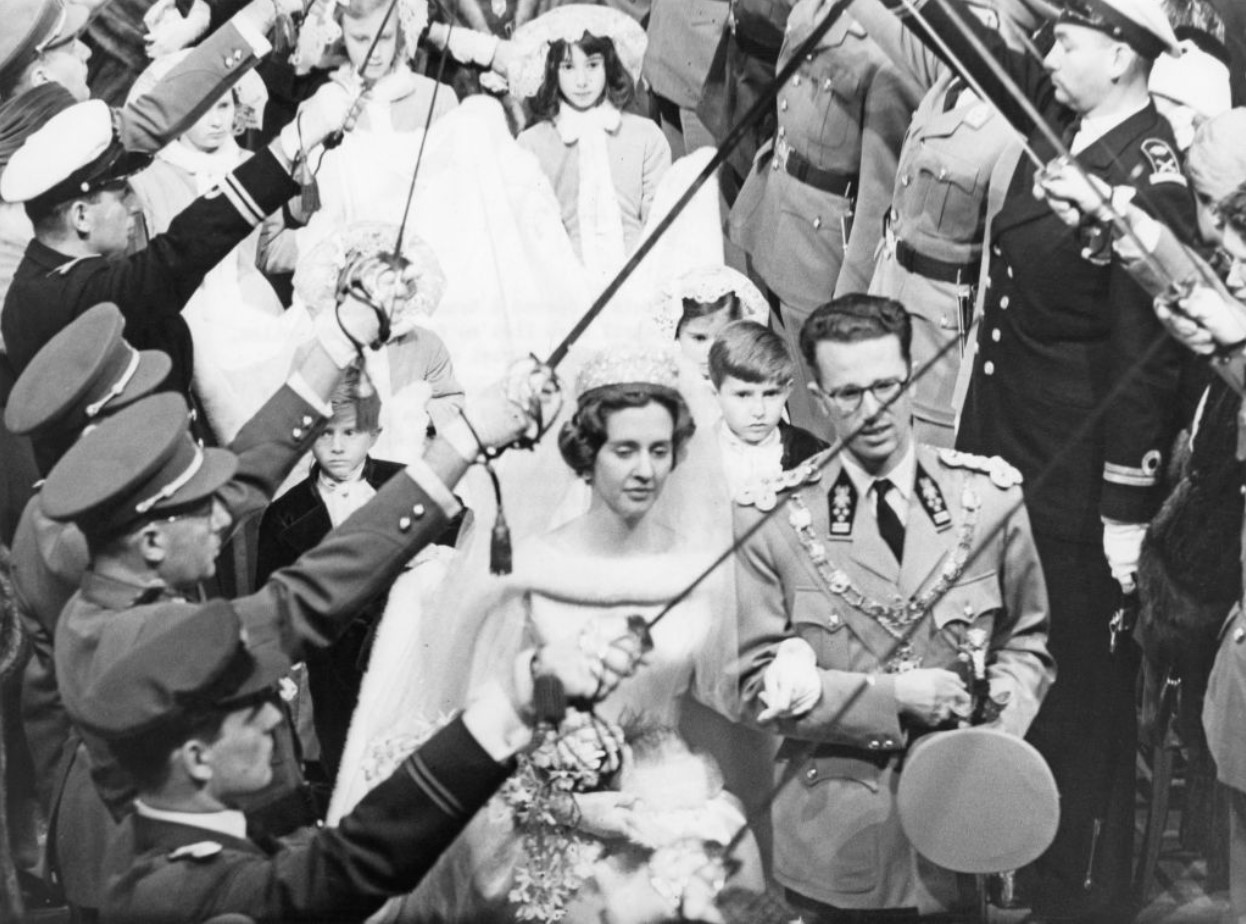
Source: Central Press/Hulton Archive/Getty Images
Their reception was spectacular, and it showed the love and devotion the citizens of Belgium had for their new queen and young king.
Their Marriage Changed the Monarchy Forever
Although their love story is enough to make anyone want to know about King Baudoin and Queen Fabiola, it’s what their marriage did for the monarchy of Belgium that makes this tale so historically important.
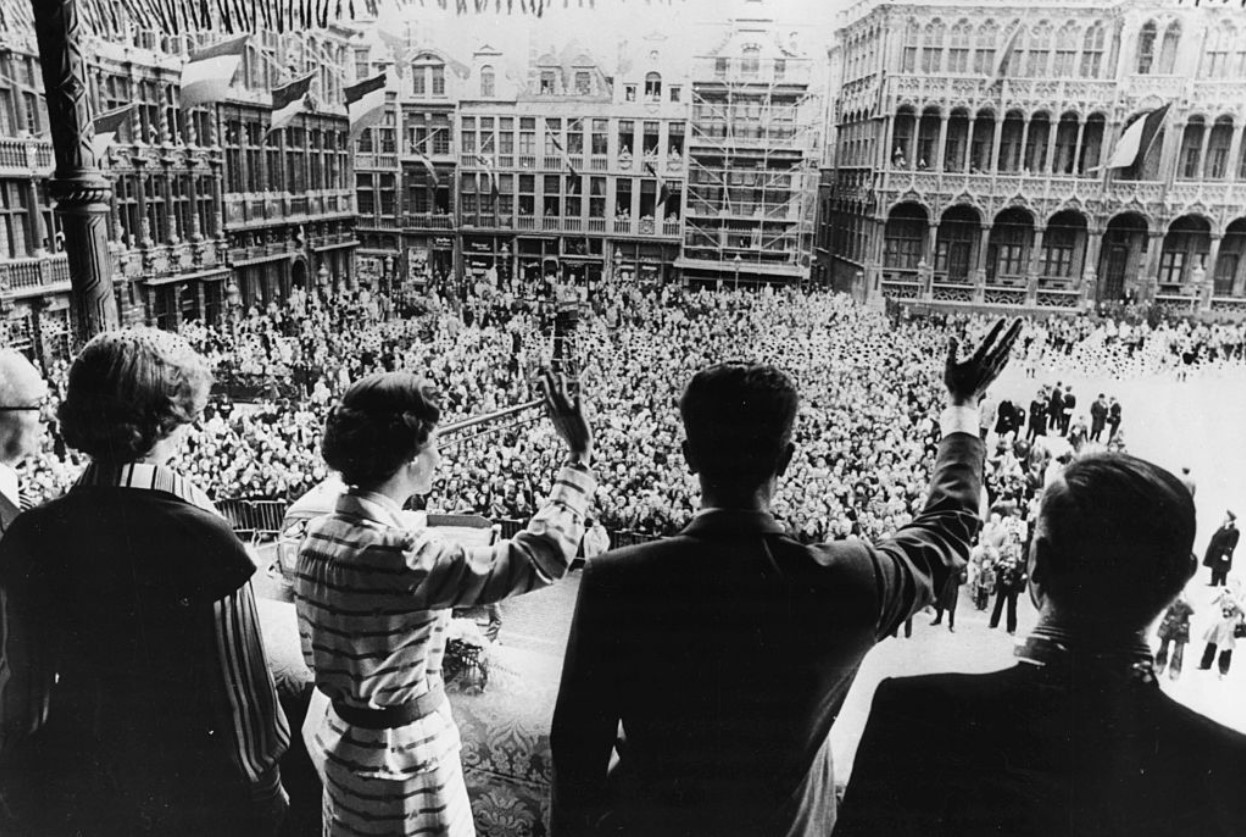
Source: Keystone/Hulton Archive/Getty Images
Before their union, the Belgian monarchy was not considered a thriving operation by its people. King Baudoin’s predecessor, his father, Leopold III, faced several charges during the Second World War, and although he was exonerated, many people had lost faith in their king.
The Beloved Queen
Many saw their marriage as not only a tale of true love but also as a confirmation that the Belgian monarchy was back where it should be, led by two young and highly religious people with impeccable moral compasses.
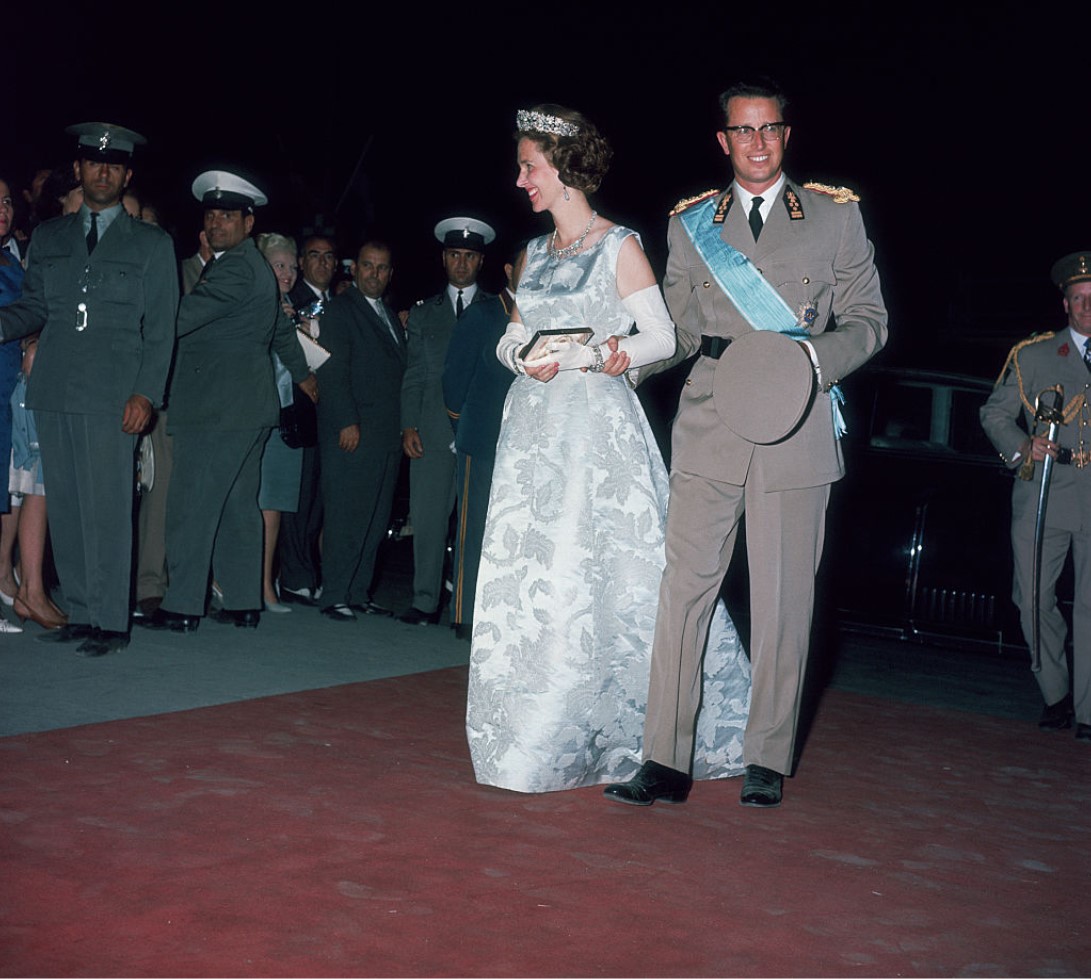
Source: Hulton-Deutsch Collection/Corbis/Getty Images
Of course, politically, the marriage also tied Spain to Belgium, which was vitally important at the time as Belgium was struggling to maintain its place and power in Europe.
Monarchs Who Mattered
Now that the Belgian monarchy was restored to its former glory, they were invited to the most important events around the continent.
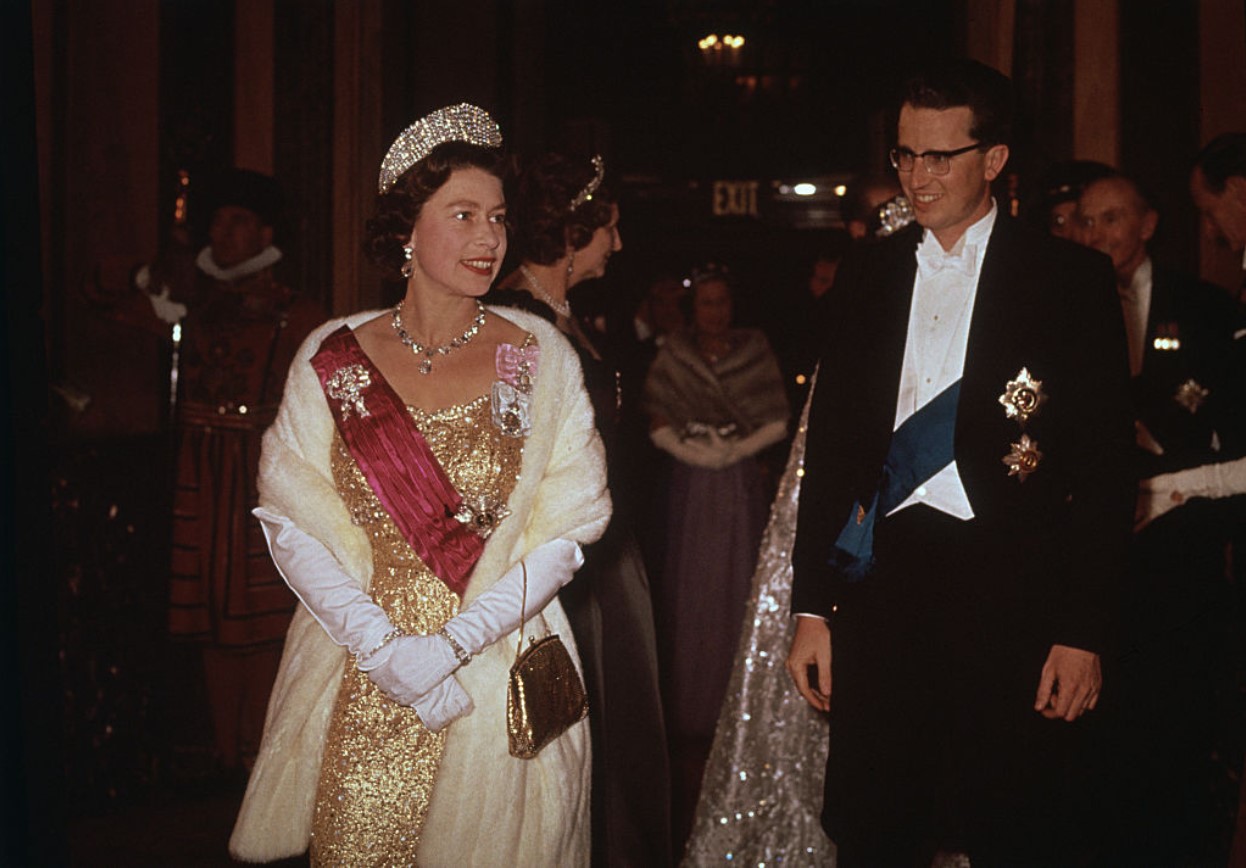
Source: Hulton-Deutsch Collection/Corbis/Getty Images
King Baudouin of Belgium and Queen Fabiola even spent time with Queen Elizabeth II on several occasions.
A Happy but Childless Marriage
Many say that their marriage was equally as joyous as the wedding itself, though sadly, the two struggled to have children.
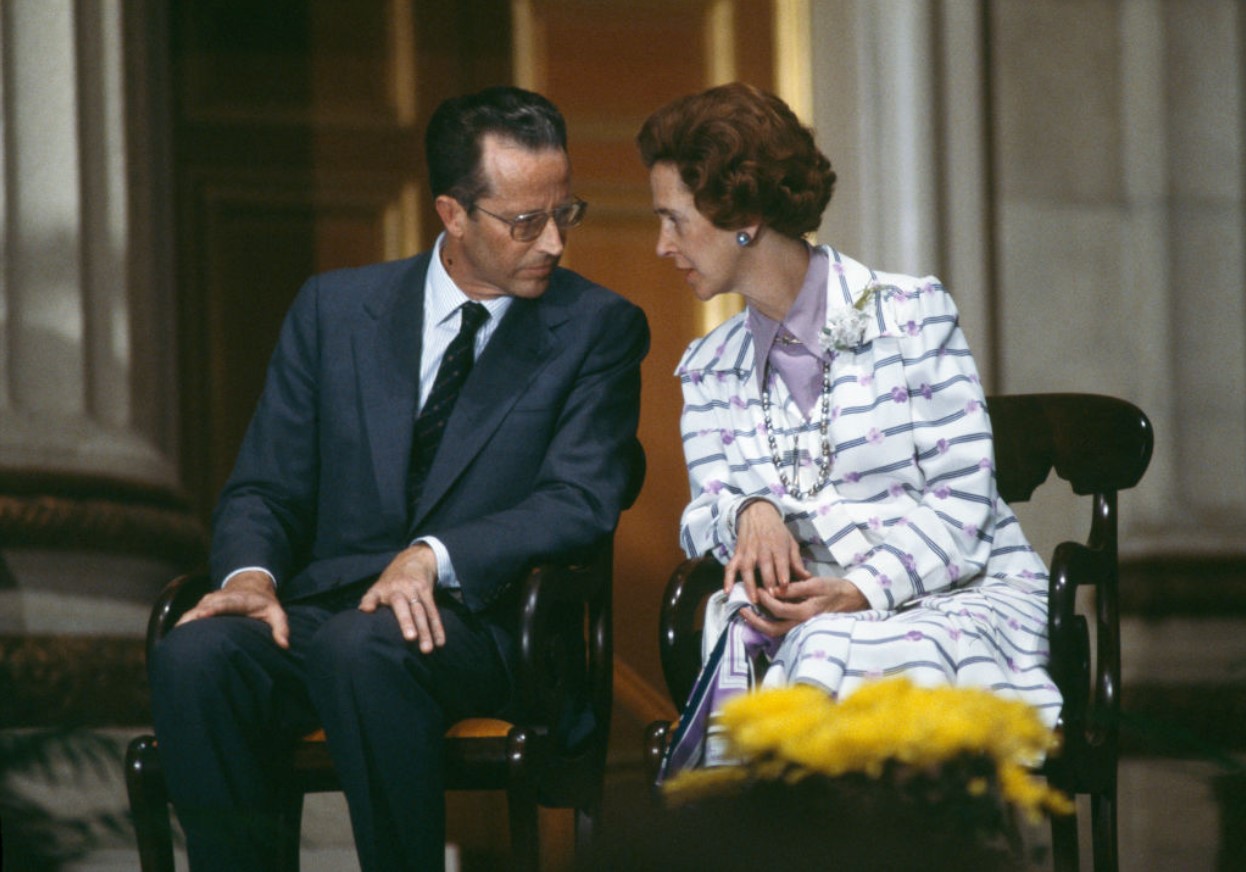
Source: Michel Philippot/Sygma/Getty Images
In fact, Queen Fabiola experienced five heart-wrenching miscarriages during her life. But she famously said, “I’ve had problems with all my pregnancies, but you know, in the end, I think life is beautiful” (via Nieuwsblad).
Together Until the End
The two remained wildly popular for the next three decades. Sadly, King Baudouin died in 1993 from a heart attack, while Queen Fabiola lived on until 2014.
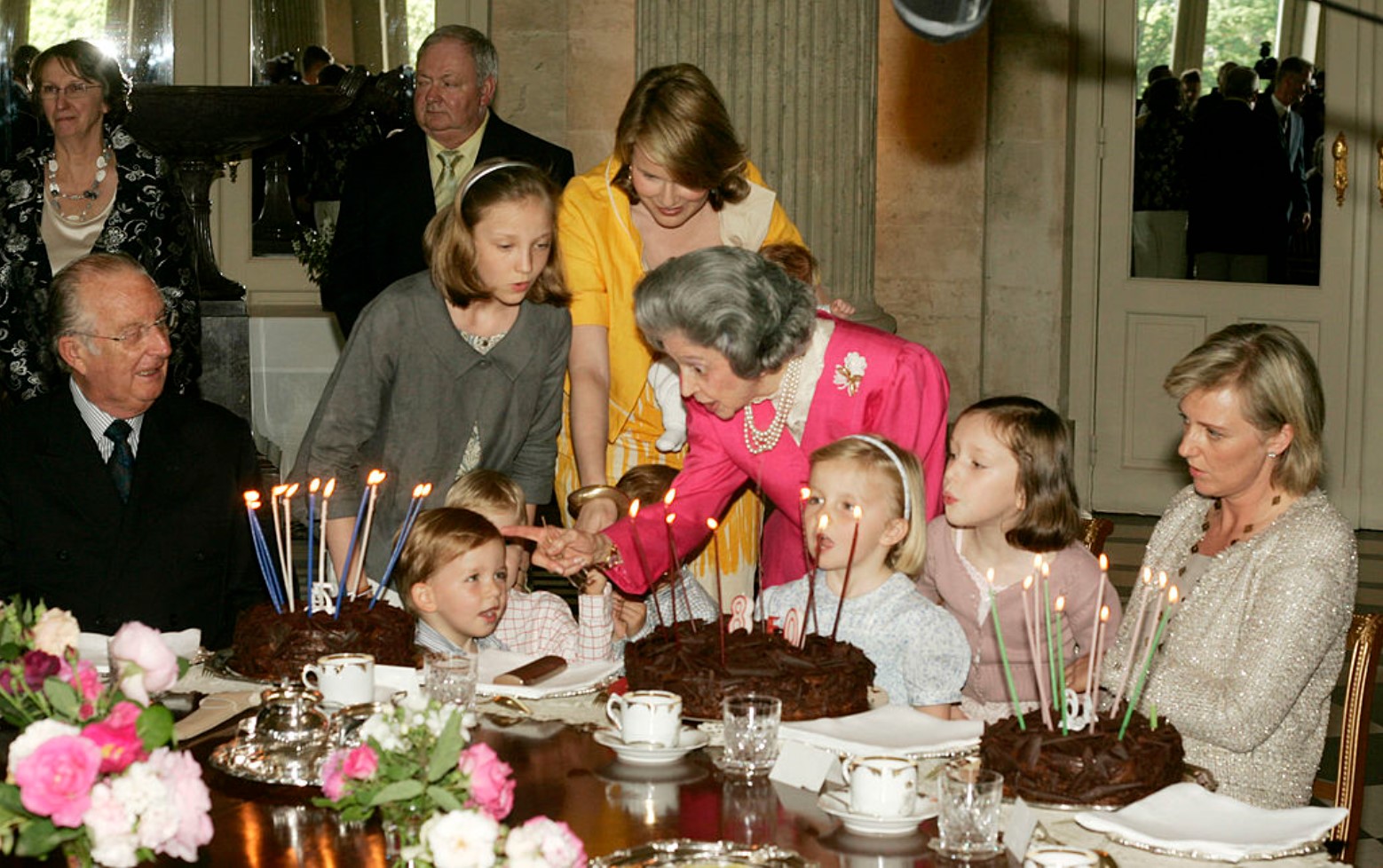
Source: Mark Renders/Getty Images
But her later years weren’t spent alone. Instead, she had a wonderful family full of cousins, nieces, and nephews whom she loved. And Queen Fabiola had become synonymous with the Belgian monarchy and was considered a national treasure by all her citizens until the very end.
